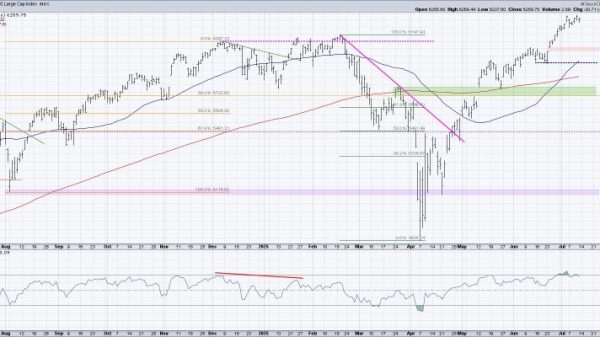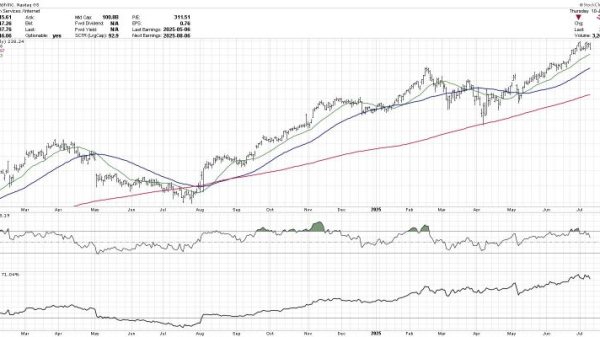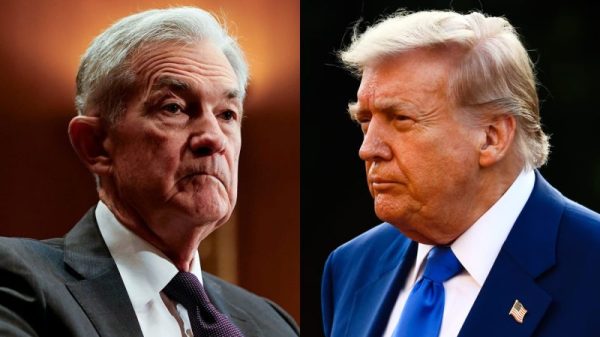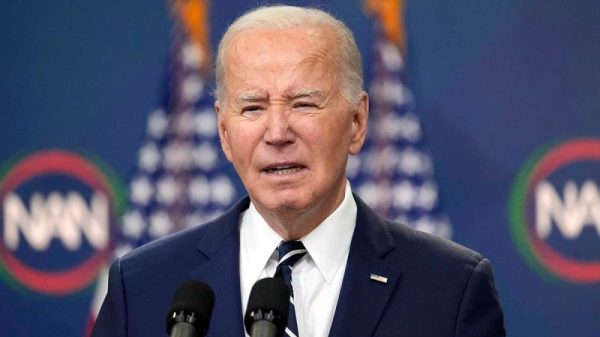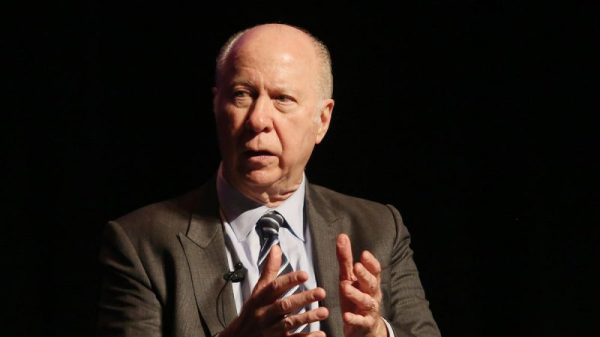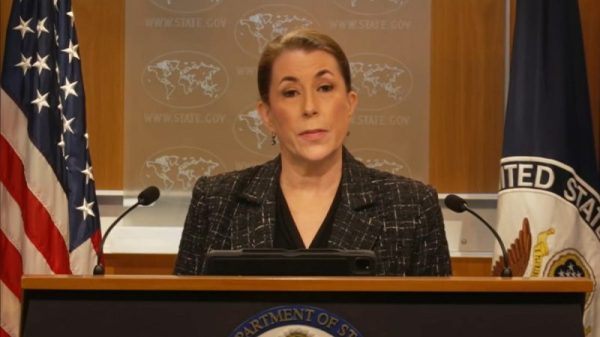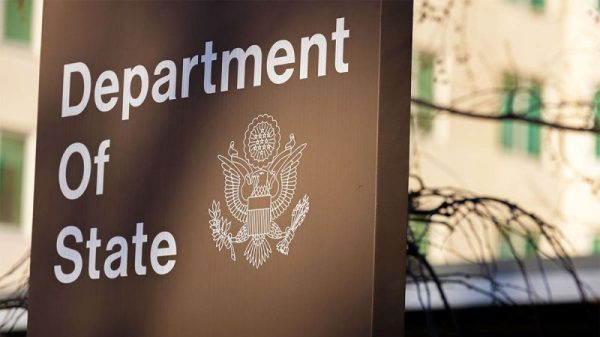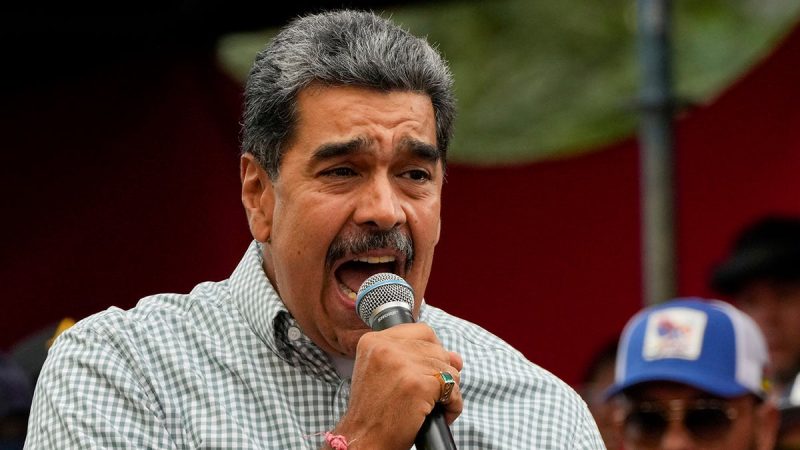In a significant move aimed at pressuring the Venezuelan government towards meaningful change, the Biden administration has recently imposed sanctions against several close associates and allies of Venezuelan President Nicolas Maduro. These punitive measures represent a renewed effort by the United States to address the ongoing political and humanitarian crisis in Venezuela, which has attracted international attention and concern.
The sanctions target individuals who are considered to be part of Maduro’s inner circle, as well as entities that allegedly support the regime. By singling out these key figures and entities, the Biden administration hopes to apply pressure on the Venezuelan government and force them to engage in dialogue and make concessions towards a more democratic and stable governance structure.
One of the primary aims of the sanctions is to disrupt the flow of financial resources to the Maduro regime. By targeting the assets and financial networks of these individuals and entities, the U.S. government seeks to undermine their ability to sustain their political power and influence. This strategy is designed to create internal pressure within the Venezuelan government and potentially weaken support for Maduro among his allies.
Additionally, the sanctions serve as a signal to other countries and international actors that the U.S. is committed to holding accountable those who are complicit in human rights abuses and corruption. By taking a firm stance against Maduro’s cronies, the Biden administration is setting a precedent for international cooperation and diplomacy in addressing authoritarian regimes and promoting democratic values.
However, it is worth noting that sanctions alone may not be sufficient to bring about meaningful change in Venezuela. In addition to economic pressure, a comprehensive approach that includes diplomatic efforts, multilateral engagement, and support for civil society and democratic forces within Venezuela is crucial to address the root causes of the crisis and facilitate a peaceful transition to a more stable and inclusive government.
Furthermore, there are concerns about the humanitarian impact of the sanctions on the Venezuelan population. While the Biden administration has emphasized the targeted nature of the sanctions and their focus on individuals and entities linked to the regime, there is a risk that broader economic repercussions could exacerbate the already dire humanitarian situation in the country. It is imperative for the U.S. government to closely monitor the humanitarian consequences of the sanctions and take steps to mitigate any unintended harm to the Venezuelan people.
In conclusion, the imposition of sanctions against Maduro’s cronies by the Biden administration represents a significant escalation in efforts to address the political and humanitarian crisis in Venezuela. While the sanctions are a powerful tool to pressure the Venezuelan government and signal a commitment to upholding human rights and democratic values, they should be part of a broader strategy that includes diplomatic engagement, multilateral cooperation, and support for civil society. Balancing the need for accountability with the imperative of minimizing harm to the Venezuelan population will be essential in achieving a peaceful and sustainable resolution to the crisis.



